This is one unholy mess. It is staggering to consider that something as small as 100 nanometers in size has turned the world on end and is managing to wreak havoc on virtually every American citizen nearly a year after its discovery.
Everywhere you turn, COVID seems to be looming. Positive COVID test results are on the rise along with hospitalizations and deaths. Mask requirements have everyone on edge with many complaining that masks exacerbate breathing problems, cause panic attacks, and are the source of bacterial skin infections. Social distancing requirements have far exceeded six-feet, with Nevadans mandated to stay at home only a few short months after the isolation of quarantine. And now, holiday gatherings are on the chopping block.
People are at the end of their rope.
But we haven’t seen all that COVID (the catchall phrase for all things relating to the pandemic) plans to deliver. The sleeping giant that has been lurking just below the surface has begun to stir. What now, you ask? It is the impact COVID is having on the mental health of most Americans. While the lasting effects will probably take years to ascertain, one thing is evident now – isolation and disconnect are dangerous.
State officials have recently released information regarding COVID and how it is affecting the mental health of Nevada residents. According to psychologist Dr. Stephanie Woodard, senior advisor on behavioral health with the Nevada Department of Health and Human Services (DHHS), experts believe we are experiencing a mental health emergency during a collective and unprecedented disaster. Woodard explained, “People are becoming increasingly fatigued and are slipping into a disillusionment phase, where optimism turns to discouragement and people’s coping strategies may break down.”
According to Woodard, our brains are wired to connect with one another. “When isolated, the mind can trick us into thinking we are the only ones feeling secluded and alone when, really, we’re not,” explained Woodard. “This causes a snowball effect where we might hesitate to reach out to others because we assume, they’re doing just fine. It becomes a self-fulfilling prophecy, the less we reach out, the more isolated we become.”
Unfortunately for Nevadans, as reported in the State of Mental Health in America, Nevada was ranked 49th against other states regarding the availability and access to mental health services. In 2018, governor-elect Steve Sisolak declared Nevada as having a mental health emergency promising to bring attention to the State’s mental health funding. However, the State made over $1.5 million in cuts to mental health programs last summer due to a significant budget shortfall.
According to a survey released by the Centers for Disease Control (CDC) Americans are experiencing increasing symptoms of anxiety, depression, and are currently at a higher risk of suicide. Further, alcohol and substance abuse are also on the rise with health officials across the country reporting an increase in overdose-related deaths.
Closer to home, the Churchill County Sheriff’s office reported an increase in violent crimes based on informal data collected over the past several months. Locally, cases of battery, domestic battery, assault with a deadly weapon, homicide, suicide, and family fights have all increased since the onset of the pandemic.
In essence, the state is experiencing an unprecedented strain on mental and behavioral health agencies due to COVID, a strain with which the State is ill-equipped to deal. According to Woodard, our most vulnerable citizens are at even greater risk and state agencies must be able to provide rapid access to the care they need.
The response to this mental health crisis will be ongoing in Nevada. However, Woodard believes the pandemic experience has made people more keenly aware of our need for connection. She said the “new normal” includes trying to balance our basic need for connection and purpose while trying to avoid the virus. “Before COVID, we may not have fully appreciated how meaningful even casual day-to-day social interactions are,” Woodard said, “and how those interactions play a vital role in our lives.”
There is no quick fix to the mounting stress, but experts recommend several healthy ways to cope:
Finding ways to stay connected with family and friends
Avoid alcohol and drugs
Know what to do if you think you have COVID
Move around - walk, stretch, exercise
Meditate - YouTube hosts a variety of short guided meditations
Connect with your church or faith-based group
Take breaks from watching, reading, or listening to social media
Make time to unwind - try to do some other activities you enjoy
Through this challenging time, a great weapon against the effects of COVID on our emotional health is finding ways to get and stay connected. Where we may not always be able to connect in person, several applications offer video calling. Or, there is always good-old-fashioned phone calls. We should also remember that if we're doing okay – it might be a good time to help out someone who is not.



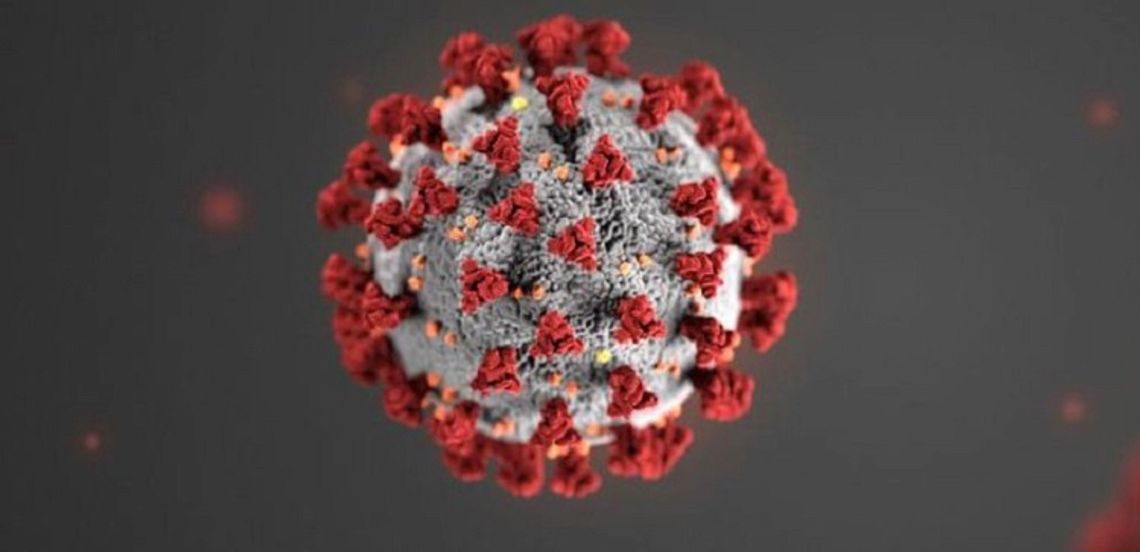






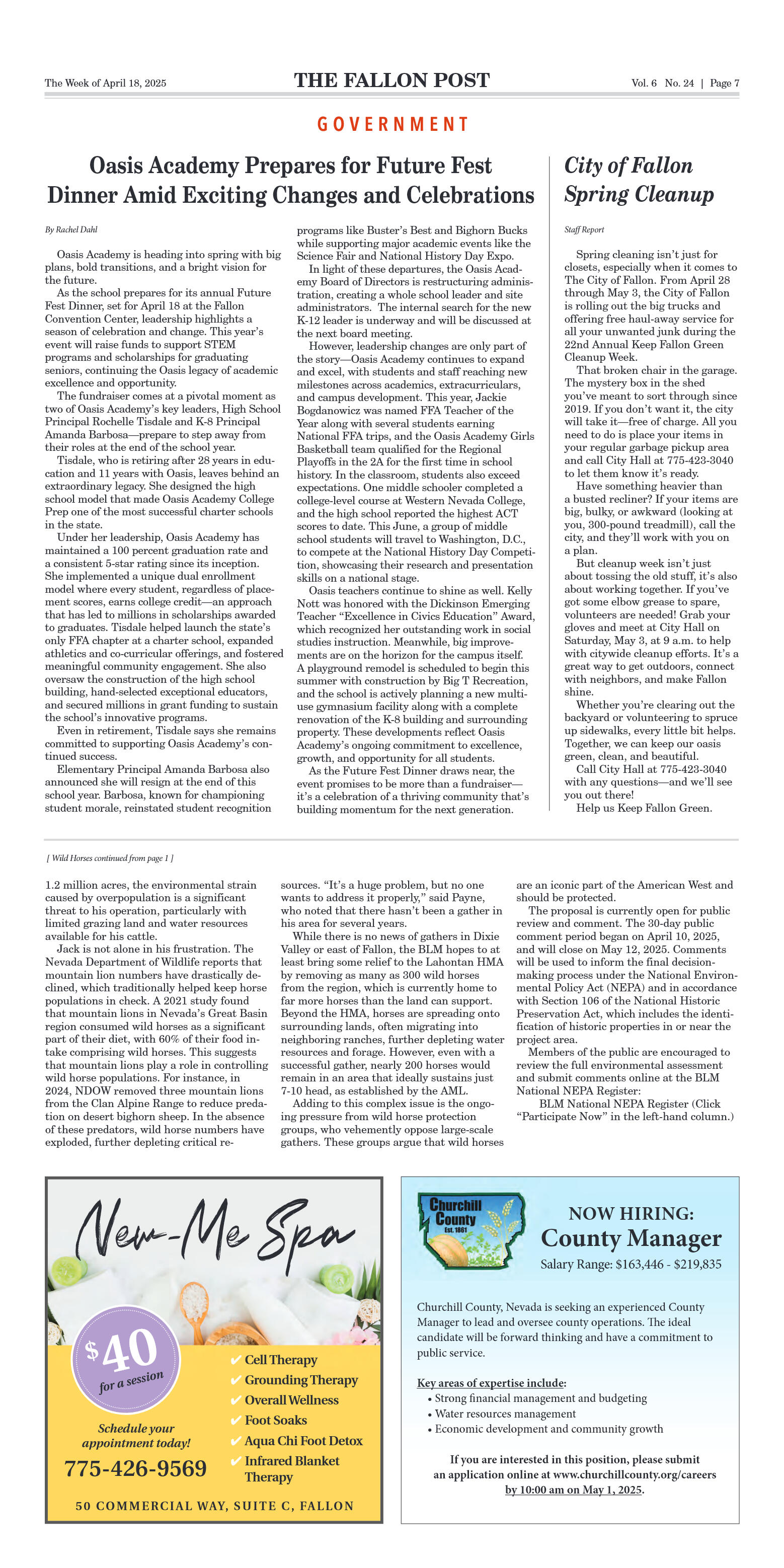

























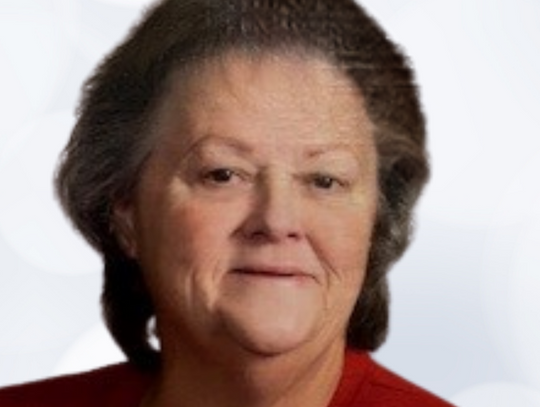
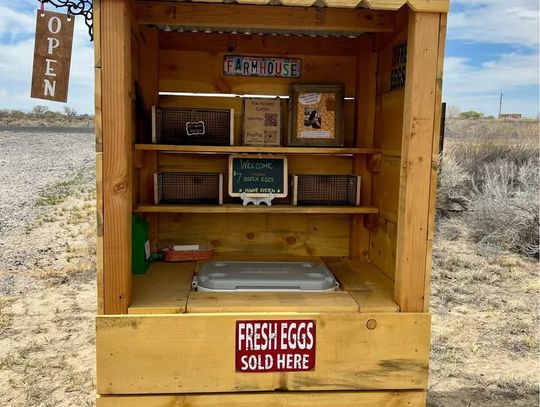

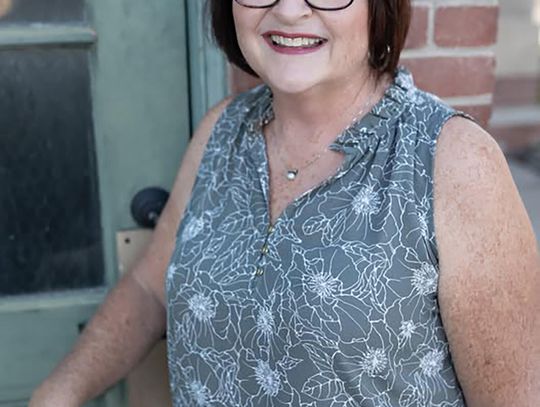
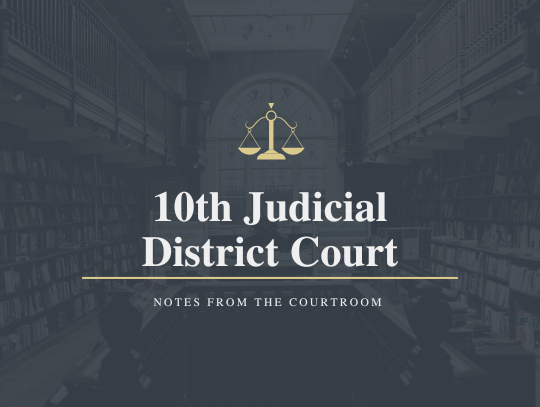


Comment
Comments